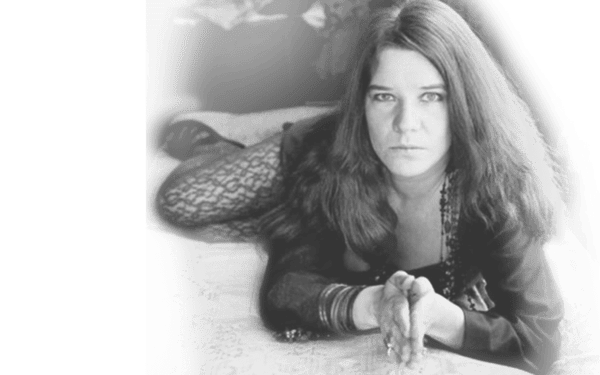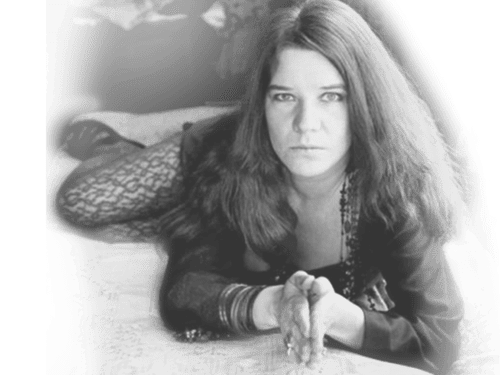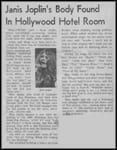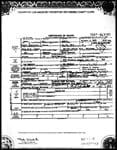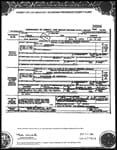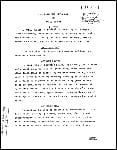The first time drummer Dave Getz jammed with a young Texas singer named Janis Joplin, he was impressed. But not that impressed.
“We knew she was good,” says Getz from his Fairfax home. “We knew she’d work, but it wasn’t like one had a sense that this person would become a legend. There was no sense of ‘Wow, this is a nuclear weapon.'”
Joplin turned out to be musical megatonnage and her band, Big Brother and the Holding Company, one of rock history’s great mushroom clouds. Of course, the mushrooms usually turned out to be hallucinogenic.
While Joplin departed for rock ‘n’ roll heaven in 1970, Getz and Big Brother carried on. Today the band still plays gigs around the country. And as an original in the Haight-Ashbury scene of the late ’60s, Getz, 66, remains in demand for his wit and witness.
He will participate in an upcoming panel discussion on the Summer of Love and the 40th anniversary of the Human Be-In, to be held Tuesday, Jan. 9 at the Jewish Community Center of San Francisco. Chronicle rock critic Joel Selvin will serve as moderator for the event, hosted by the San Francisco Museum and Historical Society.
Jewish himself, Getz says there were more Jews in the S.F. rock scene than many people might realize. The names he rattles off include Quicksilver Messenger Service’s David Freiberg, Oracle editor Alan Cohen, manager Albert Grossman and a singer named Marty Buchwald, aka Jefferson Airplane’s Marty Balin.
Other than the Grateful Dead, probably no band of the era had the long-term impact of Big Brother. And though Getz went on to a fine career as a musician, artist and teacher, he’s quick to concede those were pretty heady days for him.
“I had a sense, sometimes a dread, that this may be the primal moment of my life,” he recalls, “that this may be the determining factor. When ‘Cheap Thrills’ came out in August 1968, we knew it was going to be big. But nobody was as happy then, even though we knew we were making a great album. We were much happier in 1966, when we were first getting together, driving around in a hearse, when everybody loved everyone.”
Growing up in New York, Getz had what he calls a light Jewish upbringing, though his family belonged to Brooklyn’s Temple Emanuel, where he was bar mitzvahed. His grandparents were poor immigrants, but Getz’s parents wanted to Americanize fast.
“My parents would speak Yiddish,” he recalls, “but they didn’t care if I learned it. I detested it at the time, but now I wish I knew it.”
Getz developed his twin passions for music and art early on. While still in high school, he was a member of the local musicians union, and he spent some summers playing in combos up in the Borscht Belt.
His art studies took him to Poland on a Fulbright Fellowship, and to the Bay Area where he earned an MFA from the San Francisco Art Institute. But in the winter of 1965 he met Peter Philbin and Sam Andrew, whose band was in need of a drummer. Getz joined Big Brother and the Holding Company in 1966, and a few months later Joplin joined.
Through the late 1960s, Getz and his band mates toured the world, had a No. 1 album (“Cheap Thrills”) and lived the high life. But all things must pass. He went on to record a few more albums with the band and then joined Country Joe & the Fish for a while. In time Getz turned back to art and other interests.
“I went back to school in the early ’90s to teach art,” he says. “I taught high school for a few years in Novato. I teach drumming privately.” He also teaches emotionally troubled children in the public schools. Big Brother gigs take him out on the road, and he plays with various other bands, as well as with his wife, singer Joan Payne.
As for the upcoming “Summer of Love” panel, Getz is happy to provide first-hand knowledge, though he admits he is deficient in one crucial aspect of the era’s history: He and his band did not attend the famed “Human Be-In” in early 1967, an event often credited with kick-starting the Summer of Love cultural phenomenon.
“People come up to me and say ‘I remember you at the Human Be-In,'” he says of the aging hippies he runs into from time to time. “I tell them, ‘No, I wasn’t there.’ Then they usually say, ‘but I remember you there.'”
The “Summer of Love” panel discussion takes place 7:30 p.m. Tuesday, Jan. 9, at the Jewish Community Center of San Francisco, 3200 California St., S.F. A reception at 7 p.m. in Kanbar Hall will precede the discussion, which will also include photos and film clips.
